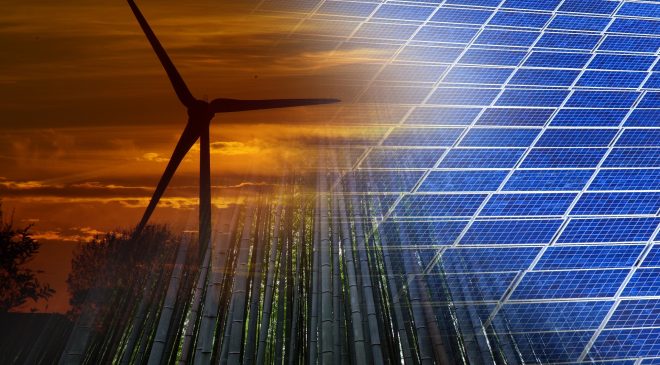
Up to 90 percent more energy efficient per traffic unit than legacy 4G networks.
The rollout of 5G networks is set to increase traffic dramatically making it critical that the energy consumed does not rise at the same rate.
A recently released report by Telefonica, commissioned by Nokia shows extensive testing examined eleven different pre-defined traffic load scenarios that measured the energy consumed per Mbps based on the traffic load distribution.
The results highlighted that 5G RAN technology is significantly more efficient than legacy technologies when it comes to energy consumption per data traffic capacity with several hardware and software features that help to save energy. The study, which utilized Nokia’s AirScale portfolio, including AirScale Base Stations and AirScale Massive MIMO Active Antenna solutions, combined actual on-site base station energy consumption readings in different traffic load scenarios, ranging from 0 percent to 100 percent, as well as remote monitoring of actual power consumption through the network management systems.
5G is a natively greener technology with more data bits per kilowatt of energy than any previous wireless technology generation. However, 5G networks require further action to enhance energy efficiency and minimize CO2 emissions that will come with exponentially increased data traffic. There are several energy-saving features at the radio base station and network levels, such as 5G power-saving features, small cell deployments and new 5G architecture and protocols, which can be combined to significantly improve the energy efficiency of wireless networks.
Both companies are aligned with the ambition of limiting global warming to 1.5 Celsius. In 2019, Nokia delivered zero-emission products to over 150 customers worldwide and is committed to decreasing emissions from its operations by 41 percent by 2030. 46 percent less energy was used on average in the customer base station sites Nokia modernized in 2019 compared to those where its customers did not modernize.
Nokia and Telefónica are also developing smart energy network infrastructure and power-saving features based on machine learning and artificial intelligence. They are also collaborating to build green 5G networks.




